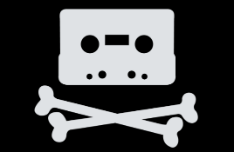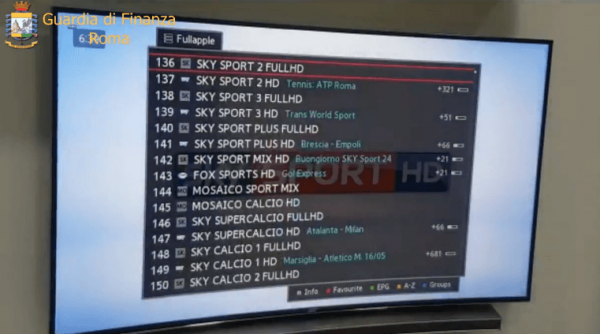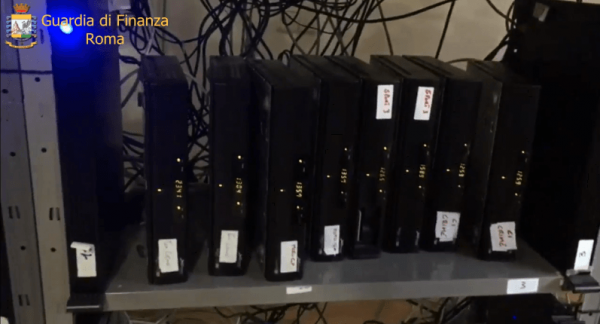Fairplay Canada Discredits “Pro-Piracy” TorrentFreak News, Then Cites Us
dimanche 20 mai 2018 à 20:05 At TorrentFreak we do our best to keep readers updated on the latest copyright and piracy news, highlighting issues from different points of view.
At TorrentFreak we do our best to keep readers updated on the latest copyright and piracy news, highlighting issues from different points of view.
We report on the opinions and efforts of copyright holders when it comes to online piracy and we also make room for those who oppose them. That’s how balanced reporting works in our view.
There is probably no site on the Internet who reports on the negative consequences of piracy as much as we do, but for some reason, the term “pro-piracy” is sometimes attached to our reporting. This also happened in the recent reply Fairplay Canada sent to the CRTC.
The coalition of media companies and ISPs is trying to get a pirate site blocking regime implemented in Canada. As part of this effort, it’s countering numerous responses from the public, including one from law professor Michael Geist.
In his submission, Geist pointed out that the Mexican Supreme Court ruled that site blocking is disproportional, referring to our article on the matter. This article was entirely correct at the time it was written, but it appears that the Court later clarified its stance.
Instead of pointing that out to us, or perhaps Geist, Fairplay frames it in a different light.
“Professor Geist dismisses Mexico because, relying on a third party source (the pro-piracy news site TorrentFreak), he believes its Supreme Court has ruled that the regime is disproportionate,” it writes.
Fairplay does not dispute that the Supreme Court initially ruled that a site blockade should target specific content. However, it adds that the court later clarified that blockades are also allowed if a substantial majority of content on a site is infringing.
The bottom line is that, later developments aside, our original article was correct. What bothers us, however, is that the Fairplay coalition is branding us as a “pro-piracy” site. That’s done for a reason, most likely to discredit the accuracy of our reporting.

Luckily we have pretty thick skin, so we’ll get over it. If Fairplay Canada doesn’t trust us, then so be it.
Amusingly, however, this was not the only TorrentFreak article the coalition referenced. In fact, our reporting is cited twice more in the same report but without the pro-piracy branding.
A few pages down from the Geist reference, Fairplay mentions how pirate site blockades do not violate net neutrality in India, referring to our thorough article that explains how the process works.
Similarly, we’re also pretty reliable when it comes to reporting on MUSO’s latest piracy data, as Fairplay cites us for that as well. These are the data that play a central role in the coalition’s argumentation and analysis.
We’re not entirely sure how it works, but apparently, we are a “pro-piracy” news site when Fairplay Canada doesn’t like our reporting, and a reliable source when it suits their message.
In any case, we would like to point out that this entire opinion article is written without any pro-piracy messaging. But it appears that every sentence that deviates from the agenda of certain groups, may be interpreted as such.
Not sure if you could call that fair play?
Source: TF, for the latest info on copyright, file-sharing, torrent sites and more. We also have VPN reviews, discounts, offers and coupons.

 Over the years we have published numerous articles on dubious or inaccurate takedown notices, both from large media conglomerates and independent copyright holders.
Over the years we have published numerous articles on dubious or inaccurate takedown notices, both from large media conglomerates and independent copyright holders. 



 Last year, American satellite and broadcast provider Dish Network targeted two well-known players in the third-party Kodi add-on ecosystem.
Last year, American satellite and broadcast provider Dish Network targeted two well-known players in the third-party Kodi add-on ecosystem.